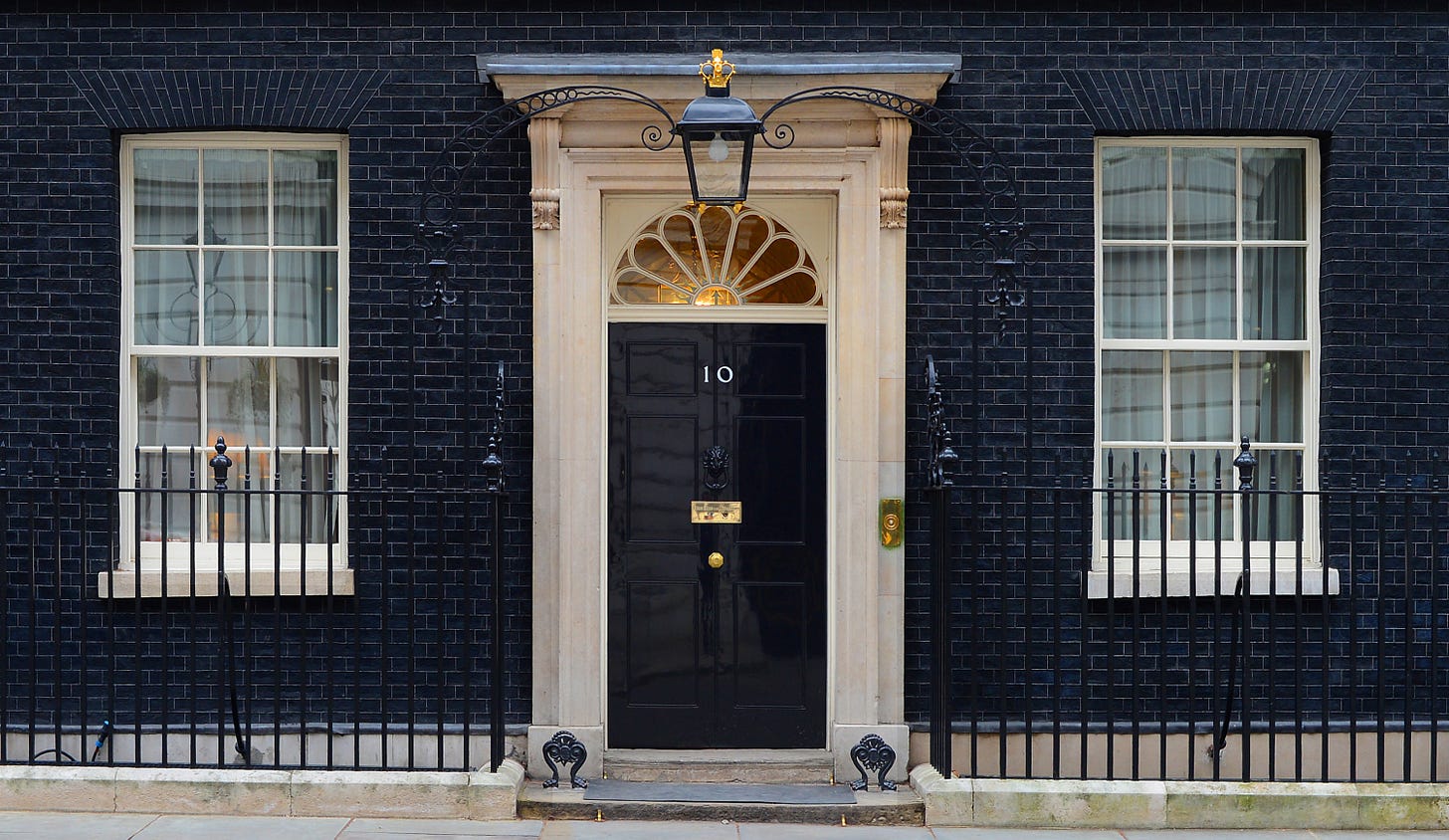The UK Election Game Plan
The strong and weak sectors following UK elections.
A UK election has been called earlier than was expected. Traders are gearing up for the largest political upheaval in the country since Brexit. Despite the relatively subdued market response following the announcement, preparations are underway for potential impacts.
The effects of the outcomes
After analysing potential election outcomes, we note that UK equities have historically remained flat or declined in the six months following Conservative victories. Conversely, stocks have historically shown a 6% increase following wins by the leading Labour party.
As far as performance within sectors after an election, the defensive and financial areas have fared better, while the FTSE 250 has outperformed the FTSE 100.
Following Wednesday’s announcement of the election date, utility stocks experienced a downturn, and homebuilders faced increased volatility. Potential topics for discussion include defence spending, the sale of government stakes, and the status of proposed mergers and acquisitions.
Maybe some calm?
The UK has experienced heightened political instability following the Brexit referendum, leading to increased volatility in the currency markets. The pound has been persistently affected by the uncertainty surrounding Brexit, and its recovery has been limited. The possibility of closer ties with the EU under a Labour government could potentially reduce the “Brexit premium” on the pound, which has constrained the currency’s performance over the last eight years. An early general election may help alleviate this uncertainty and its impact on the pound.
An unwind of the Brexit premium could lift the pound and favour domestic plays and FTSE 250 over exporters and FTSE 100.
It is important to note that the outcome of the upcoming election is uncertain. Although Labour are currently ahead in the polls, there is still ample time for data to fluctuate. If the Conservative party experiences a resurgence, it could have a positive impact on UK financial institutions like Lloyds Banking Group and NatWest Group.
Additionally, concerns about the possibility of a hung parliament could have adverse effects on banks, homebuilders, and retail businesses.
Markets have remained relatively stable in anticipation of a July vote. Analysts note that there is minimal disparity between the policies of the Conservative and Labour parties, which has contributed to this subdued reaction. Unlike previous elections, major disruptive events such as Brexit or a Scottish referendum are not expected, and neither party is advocating for significant overhauls.
One strategist put it simply. The “election may generate noise, not direction.”
Recent strength
UK indexes have rallied in recent weeks, helped by soaring copper and gold prices, as well as a rotation to cheaper, more defensive shares. The FTSE 100 and FTSE 250 are up about 9% since the end of February, double the returns of the S&P 500 and the Euro Stoxx 50.
Fiscal policies
Fiscal policy differences between parties will likely be small, meaning the inflation trajectory will matter most for UK rates.
For more info on our outlook for the three major banks, you can read our most recent article below:






Excellent